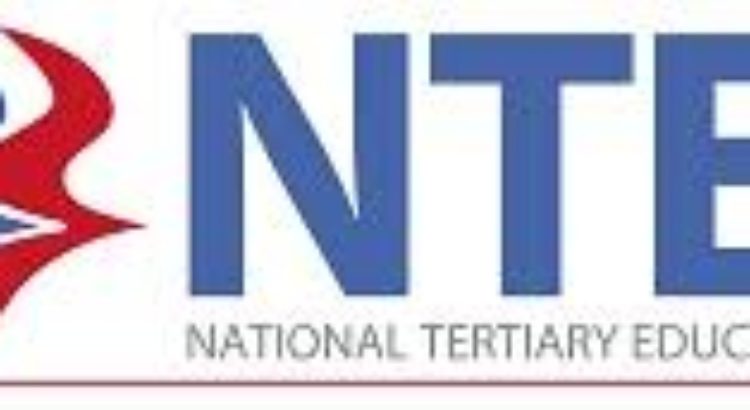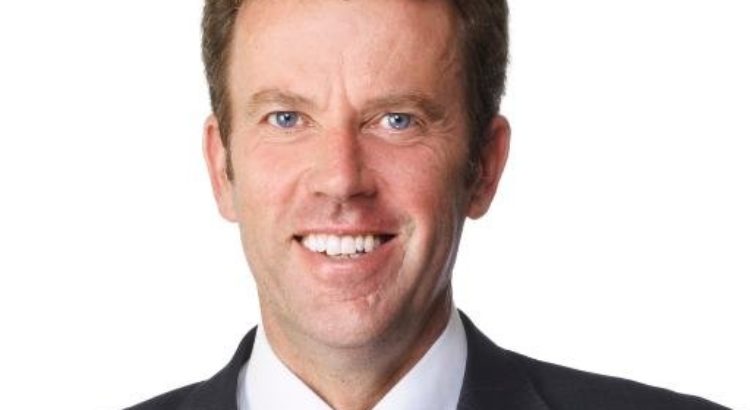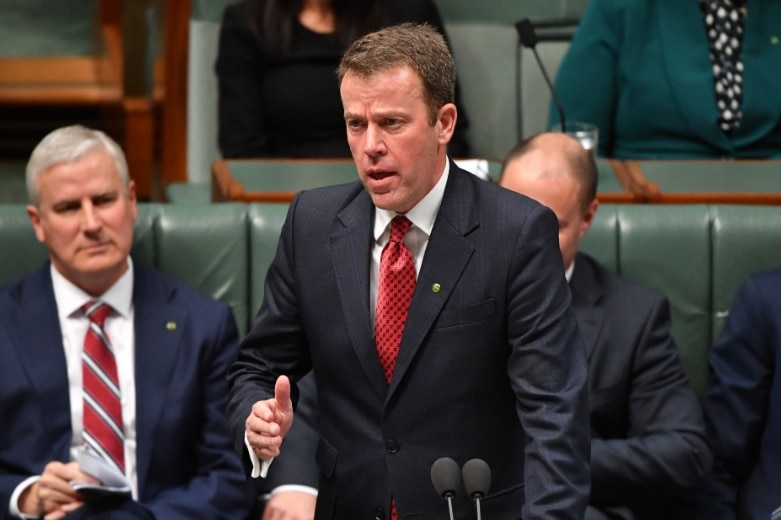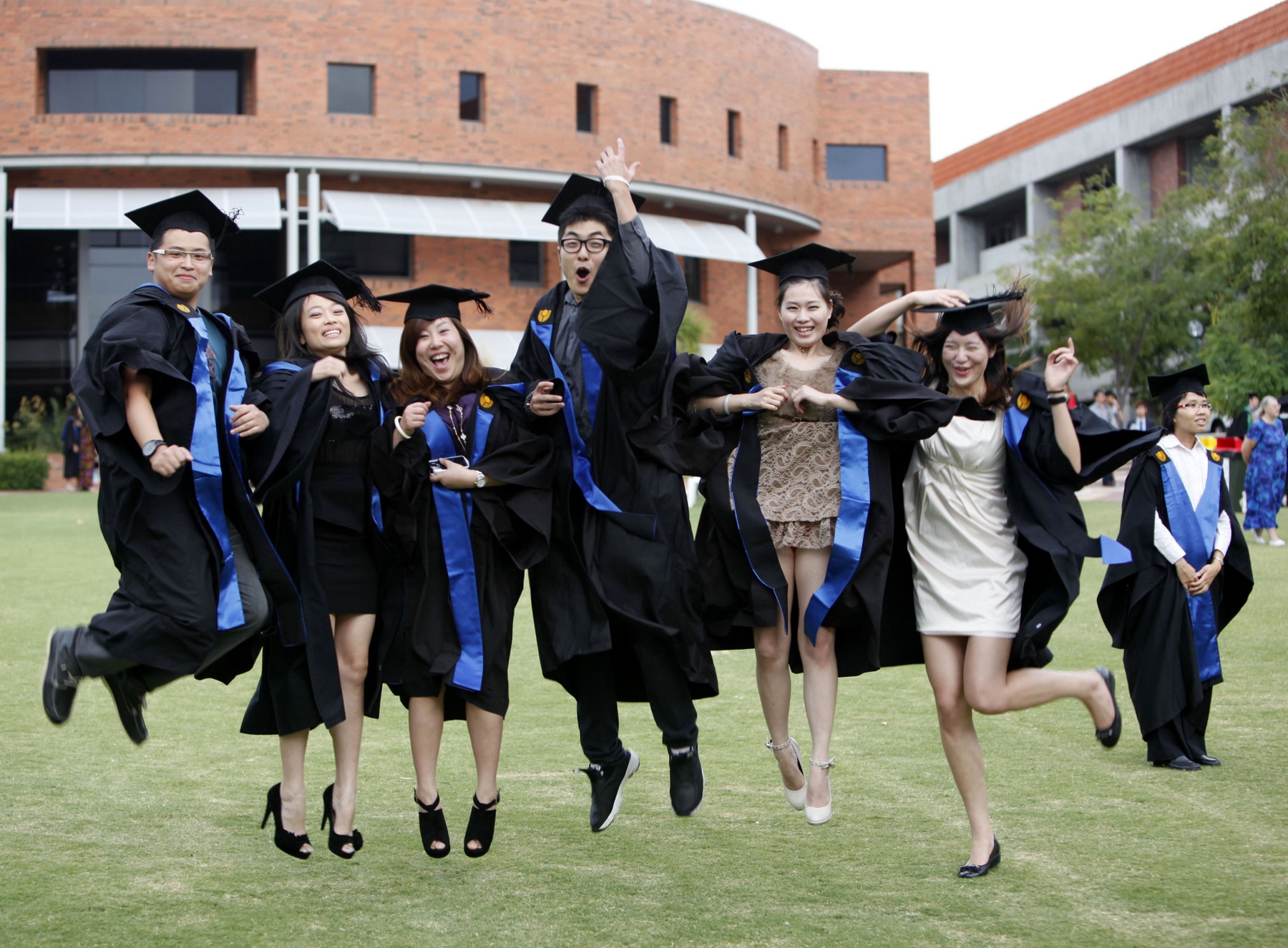Oceania/Australia/Universityworlds
El gobierno federal de Australia se comprometió a asignar AU80 millones adicionales (US $ 54 millones) a las universidades el próximo año, pero solo con un conjunto de criterios ‘basados en el desempeño’.
La adopción del llamado esquema de ‘financiamiento basado en el desempeño’ fue la recomendación principal en un informe al gobierno de un panel independiente de líderes académicos de alto nivel.
Posteriormente, el gobierno anunció que la financiación para los cursos de nivel de licenciatura se limitaría a los niveles de 2017 para 2019. El ministro de Educación Federal, Dan Tehan, dijo que a partir de 2020, la financiación para los lugares de estudiantes aumentaría de acuerdo con el crecimiento de la población en los de 18 a 64 años grupo de edad.
Añadió, sin embargo, que las universidades solo podrían acceder a subvenciones adicionales si cumplieran con los requisitos de rendimiento especificados.
Consecuencias perversas
Los críticos académicos describieron el nuevo esquema como una reducción efectiva del gasto gubernamental en universidades en decenas de millones de dólares al año.
La Unión Nacional de Educación Terciaria o NTEU advirtió que las medidas para distribuir 80 millones de dólares australianos a través de un sistema de financiamiento basado en el desempeño tendrían «muchas consecuencias perversas previsibles, aunque presumiblemente no intencionadas».
Por ejemplo, los resultados de empleo de posgrado estaban fuera del control de las universidades; y la forma en que se diseñó el esquema disuadiría a las universidades de inscribir a los estudiantes en cursos esenciales para la comunidad que tenían tasas de abandono más altas o una menor demanda del mercado.
Pero Tehan argumentó que un sistema de financiación basado en el desempeño «incentivaría a las universidades a centrarse en su negocio principal: producir graduados preparados para el trabajo con las habilidades para tener éxito en la economía moderna».
«El sector universitario puede liderar el camino para impulsar el crecimiento de la productividad en todo el país durante la próxima década», dijo.
«El enfoque de la financiación basada en el desempeño en la producción de graduados listos para el trabajo será un factor clave».
Evaluar el desempeño
Tehan estableció un panel de expertos, presidido por el profesor Paul Wellings, vicerrector de la Universidad de Wollongong, para recomendar formas de evaluar la universidad. actuación.
El panel identificó los resultados de empleo de posgrado, el éxito de los estudiantes, la experiencia de los estudiantes en el campus y la participación de estudiantes indígenas, de bajo nivel socioeconómico y estudiantes regionales y remotos como factores clave de rendimiento.
Al aceptar el informe del panel, Tehan dijo que demostró que si bien Australia tenía un sistema de educación superior de clase mundial, también necesitaba ser «más fuerte, más sostenible y adecuado para su propósito».
«Los montos de financiamiento basados en el desempeño crecerán en línea con el crecimiento de la población de personas de 18 a 64 años y comenzará con un aumento de alrededor de AU $ 80 millones el próximo año», dijo.
“El esquema de financiamiento basado en el desempeño, a partir de 2020, garantizará que haya incentivos para mejorar el desempeño y la transparencia. El gobierno trabajará en estrecha colaboración con el sector para proporcionar financiación basada en el rendimiento utilizando el marco del panel ”.
Según el gobierno, el nuevo esquema de financiación de Australia apuntaría a:
- • Crear más responsabilidad por el gasto de dinero público en prioridades nacionales específicas de educación superior.
- • Promover y desarrollar una evaluación sólida del desempeño de la enseñanza y el aprendizaje en las universidades.
- • Crear incentivos financieros para mejorar áreas específicas del desempeño universitario.
Cuatro principios
El gobierno estableció cuatro principios que, según dijo, ofrecían «un marco conceptual significativo contra el cual se realizó la evaluación de las posibles opciones del diseño, medidas y umbrales». Éstas eran:
- • Adecuado para su propósito: promover un sistema educativo de alta calidad, proporcionar incentivos efectivos y razonables para mejorar el rendimiento de las universidades y los resultados de los estudiantes.
- • Aceptable: para reflejar el rendimiento general de una universidad, reconocer la misión distinta de una universidad, las características de los estudiantes y las ubicaciones geográficas.
- • Robusto: para ser confiable con evidencia basada en datos precisos y confiables, para ser válido utilizando una metodología transparente, claramente definida y rigurosa.
- • Factible: para permitir una medición precisa del rendimiento de manera rentable y oportuna (tanto para las universidades como para el gobierno) para su implementación a partir de 2020, y ser simple de implementar y administrar.
Modelo simple y robusto
En su informe, el panel que asesora al gobierno señaló que había un amplio apoyo dentro del sector de la educación superior para un modelo simple y robusto para asignar fondos adicionales.
Esto debería incluir la opción para que las universidades presenten «una narrativa cualitativa para ayudar a contextualizar su desempeño frente a las medidas básicas», según el informe.
El panel también propuso cuatro medidas para evaluar universidades basadas en las siguientes consideraciones:
- • Éxito de los estudiantes: ampliamente respaldado por el sector, las tasas de deserción ajustadas son una medida contemporánea. Las tasas de deserción del primer año son un muy buen indicador del fracaso a largo plazo para completar los cursos, según las tasas de no finalización de nueve años.
- • Participación del grupo de equidad: el impulso de las inscripciones por parte de estudiantes indígenas, de bajo nivel socioeconómico y regionales y remotos también ha sido un foco de la reciente política de equidad del gobierno.
- • Resultados de los graduados: una tasa de empleo general entre los graduados es una medida relevante «para capturar la complejidad del empleo en términos de la naturaleza cambiante de las profesiones y los diversos patrones de búsqueda de empleo», a pesar de la limitación de esta medida a corto plazo para reflejar una visión contemporánea de resultados de posgrado.
- • Experiencia de los estudiantes: una gran proporción de interesados estaban a favor de esta medida. También es la única medida centrada en el estudiante actualmente bajo consideración.
El gobierno atacó
El sindicato, sin embargo, atacó al gobierno sobre cada uno de los factores que se utilizarán para asignar los AU $ 80 millones, diciendo que la creación de empleos estaba fuera del control de las universidades y era más una función de las empresas y el gobierno.
«La inclusión de las tasas de empleo de posgrado les da a las universidades un incentivo para no inscribir a los estudiantes en cursos fundamentales esenciales para la comunidad que tienen tasas de deserción tradicionalmente más altas o una baja demanda del mercado laboral», dijo la presidenta de NTEU, Alison Barnes.
«Si el resultado del trabajo no está relacionado con el aprendizaje, podemos ver el resultado perverso de muchos más abogados calificados pero trabajando en establecimientos de comida rápida».
Barnes dijo que incluir medidas como las tasas de abandono de estudiantes de primer año y las puntuaciones de satisfacción de los estudiantes provocaría que los académicos enfrenten una mayor presión para mejorar las tasas de aprobación y, en consecuencia, reducir la calidad y amenazar la reputación del sector universitario australiano.
«La investigación ha demostrado que las encuestas de satisfacción de los estudiantes no reflejan la calidad de la enseñanza y se sabe que contienen sesgos inherentes», dijo.
«La vinculación de los resultados en estas encuestas desacreditadas con la financiación aumentará la presión sobre los académicos para reducir las calificaciones e incluir contenido de moda y popular, independientemente de su mérito académico».
El sindicato cree que el financiamiento basado en el desempeño debe estar vinculado a «medidas reales de entrada y salida dentro del control de la universidad que reflejen genuinamente la calidad del desempeño».
Barnes dijo que tales medidas podrían incluir el nivel de empleo inseguro entre los académicos que enseñaron a los estudiantes, la profundidad y el alcance de los servicios de apoyo estudiantil, académico y asistencial proporcionados, y las tasas de progresión de los estudiantes.
Fuente: https://www.universityworldnews.com/post.php?story=20190822085127986

















 Users Today : 50
Users Today : 50 Total Users : 35460181
Total Users : 35460181 Views Today : 70
Views Today : 70 Total views : 3418853
Total views : 3418853